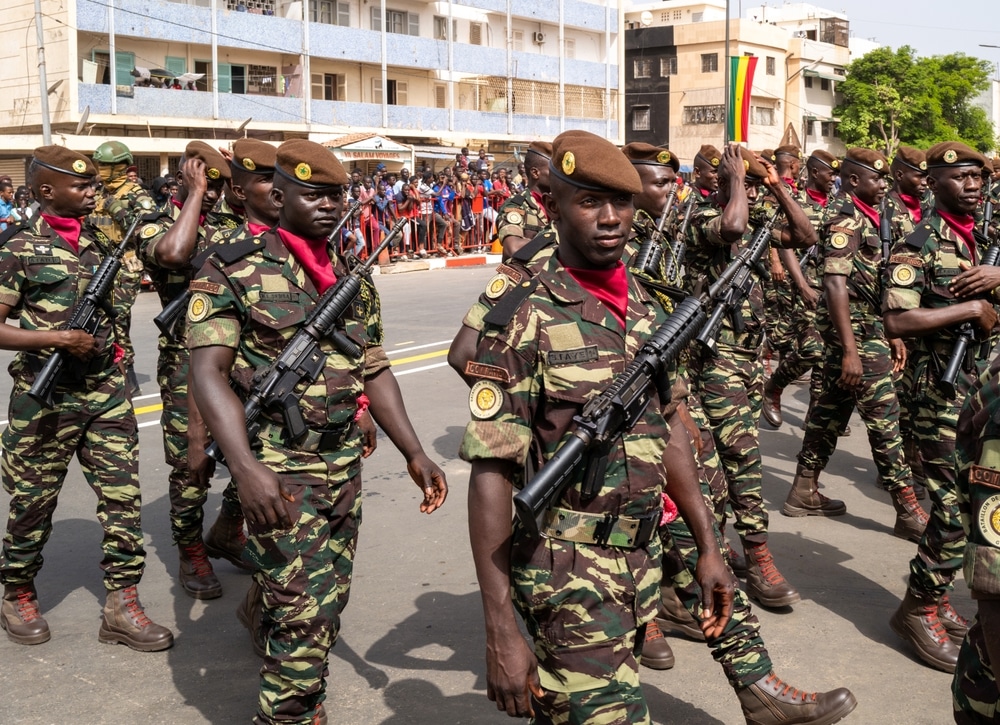On February 3, Senegal President Sall announced the signing of a decree to abolish the previous election date, citing the need for an investigation into two Constitutional Council judges over integrity concerns. Sall emphasized initiating a national dialogue to ensure the conditions for a transparent, free, and inclusive election, though no new date has been provided.
The postponement decision led to a wave of protests, met with a government crackdown. Following this, a Senegalese court mandated that the elections proceed, with President Sall agreeing to hold them “as soon as possible.”
Coup Attempt Details
Recent reports from LSI Africa indicate that junior officers in the Senegalese military were approached by counterparts from AoSS member countries, encouraging them to “take their responsibilities,” a euphemism for orchestrating a government overthrow. These interactions trace back to previous training missions and peace operations before AoSS nations transitioned to military-led governments, opposing the Economic Community of West African States (ECOWAS).
In response, Senegal has initiated a thorough investigation into the coup plot and is probing for potential instigators within the AoSS nations. The alleged coup plot has raised significant concerns, marking one of the most severe crises in Senegal’s post-independence history, amidst an unsettling trend of coups in West Africa.
A government source, preferring anonymity, revealed that several captains were specifically targeted to incite a government overthrow or disrupt the current order. This situation has alarmed officials, underscoring a deviation from the armed forces’ fundamental principles of integrity and national service.
The Senegalese military, with support from West African partners, is conducting an in-depth investigation to identify instigators and potential destabilizers within the AoSS. Measures have been in place for years to prevent destabilization efforts and treason within the Senegalese army, focusing on monitoring discontent, radicalization, and disinformation risks among military personnel.






